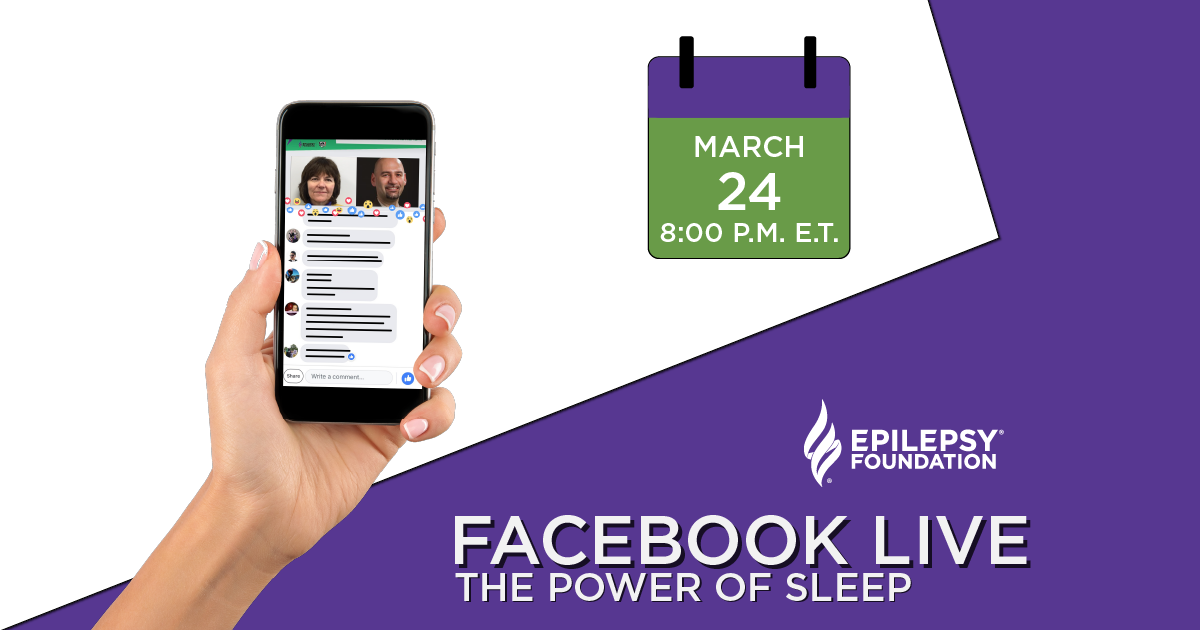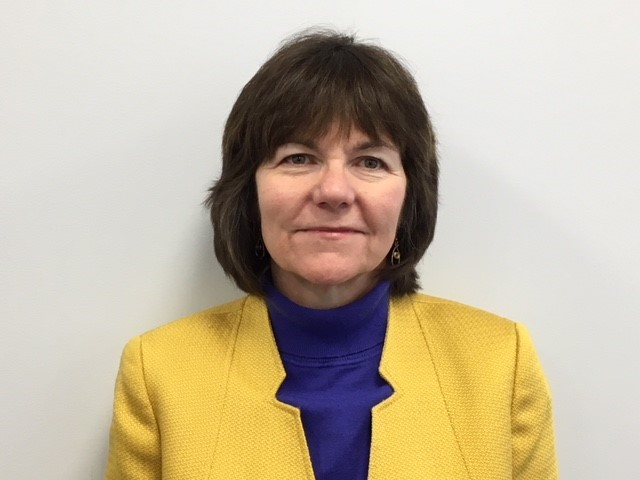Facebook Live: The Power of Sleep

Epilepsy News From: Tuesday, March 10, 2020
Join us on Tuesday, March 24, 2020, at 8:00 p.m. ET
Sleep is critical for our physical and emotional health. For people with epilepsy, poor sleep or not enough sleep can make a person more likely to have seizures. And in others, seizures tend to happen during sleep or soon after waking up. Sleep is also important for loved ones and caregivers to help them manage their own health and be of support to their loved ones.
On March 24 at 8 p.m. ET, join us for a Facebook Live with Dr. Hamada Altalib and Patty Osborne Shafer RN, MN, to talk about the “Power of Sleep.”
- How can sleep affect seizures?
- Why is sleep important for our emotional health?
- What happens when someone doesn’t sleep well?
- What is sleep hygiene? What will help me sleep better?
Guest

Dr. Altalib is the director of the Veteran Administration (VA) Epilepsy Center of Excellence in West Haven, Connecticut, where he oversees and provides direct care for veterans with epilepsy throughout the greater New England region. He helped established a VA Neurobehavioral Clinic that provides clinical care for veterans who suffer from emotional distress or behavioral problems associated with epilepsy and other neurological conditions. He is also associate professor of neurology and psychiatry at the Yale University Comprehensive Epilepsy Center.
Moderator

Patty Osborne Shafer RN, MN, is senior director for health information and resources at the Foundation and the associate editor of epilepsy.com. She worked for many years as an epilepsy clinical nurse specialist at the Comprehensive Epilepsy Center, Beth Israel Deaconess Medical Center, in Boston, Massachusetts. She has been involved with epilepsy.com and the Epilepsy Therapy Project for many years.
Join Us on Facebook
Note: presenters cannot address individual medical concerns and cannot provide individual advice.
Authored by
Patty Obsorne Shafer RN, MN
Reviewed by
Epilepsy Foundation Communications
Reviewed Date
Tuesday, March 10, 2020
